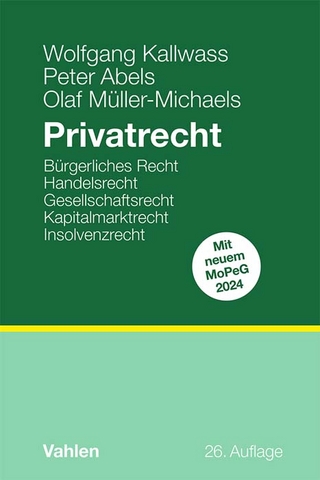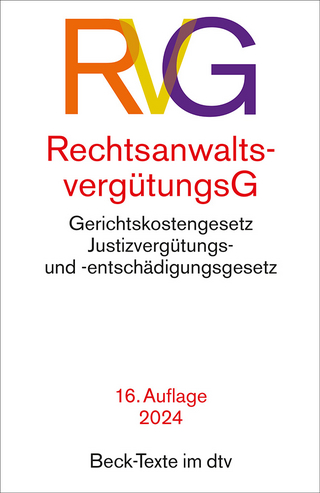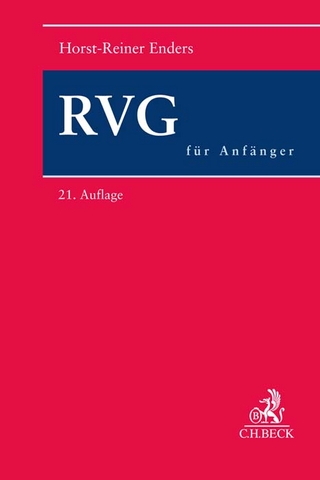
Liberal Legality
Cambridge University Press (Verlag)
978-1-108-42545-2 (ISBN)
In his new book, Lewis D. Sargentich shows how two different kinds of legal argument - rule-based reasoning and reasoning based on principles and policies - share a surprising kinship and serve the same aspiration. He starts with the study of the rule of law in life, a condition of law that serves liberty - here called liberal legality. In pursuit of liberal legality, courts work to uphold people's legal entitlements and to confer evenhanded legal justice. Judges try to achieve the control of reason in law, which is manifest in law's coherence, and to avoid forms of arbitrariness, such as personal moral judgment. Sargentich offers a unified theory of the diverse ways of doing law, and shows that they all arise from the same root, which is a commitment to liberal legality.
Lewis D. Sargentich is Professor of Law at Harvard Law School, Massachusetts. He has taught jurisprudence and legal theory courses there for four decades, including seminars on subjects ranging from natural law to legal skepticism.
1. The idea of law-like law; 2. Argument in a legal system; 3. Practice of legality; 3.1. Instituted discourse; 3.2. Entrenched pursuit; 3.3. Self-conception; 4. Pursuit of the rule of law; 5. Aspiration and impulse; 5.1. Nomological legality; 5.2. Liberal commitment; 5.3. Failure of legality; 5.4. Dual impulse; 6. Deep duality - formal law; 6.1. Rawls' first view of law; 6.2. A contrary view; 6.3. Law-like formality: Weber; 6.4. Half-right views; 7. Deep duality - law's ideals; 7.1. A contrary view; 7.2. Law-like ideals: Dworkin; 7.3. Halves of a whole; 7.4. Rawls' second view of law; 8. Two perils for law; 8.1. Liberal law's fears; 8.2. Overcoming peril; 8.3. Deeper danger; 8.4. What follows; 9. Fear of free ideals; 9.1. Warring creeds; 9.2. Moral skepticism; 9.3. What's feared; 10. Fear of open form: 10.1. Unsure concepts; 10.2. Linguistic skepticism; 10.3. What's feared; 11. Modern liberal practice; 11.1. Practice's view of law; 11.2. Two views of disorder; 11.3. Implications of disorder; 12. Legality recapitulated.
| Erscheinungsdatum | 09.05.2018 |
|---|---|
| Zusatzinfo | Worked examples or Exercises |
| Verlagsort | Cambridge |
| Sprache | englisch |
| Maße | 158 x 235 mm |
| Gewicht | 400 g |
| Themenwelt | Recht / Steuern ► Allgemeines / Lexika |
| Recht / Steuern ► EU / Internationales Recht | |
| Recht / Steuern ► Privatrecht / Bürgerliches Recht ► Berufs-/Gebührenrecht | |
| Recht / Steuern ► Rechtsgeschichte | |
| ISBN-10 | 1-108-42545-3 / 1108425453 |
| ISBN-13 | 978-1-108-42545-2 / 9781108425452 |
| Zustand | Neuware |
| Haben Sie eine Frage zum Produkt? |
aus dem Bereich


